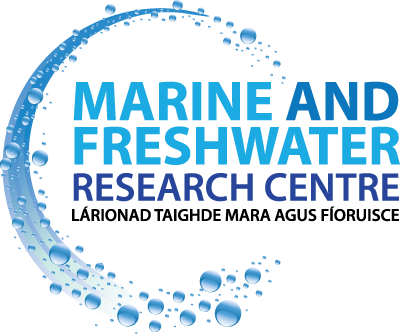Seaweed profiling for high-value metabolites, antioxidant activity and microplastic biosorption potential on the west coast of Ireland
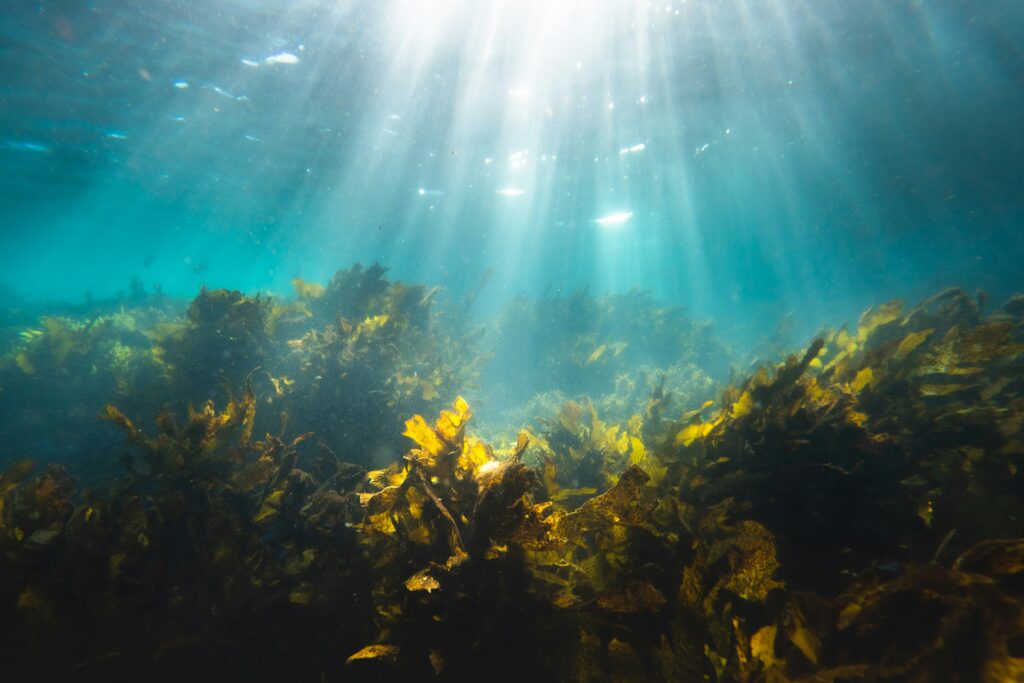
The sustainability of the aquatic environment and the balanced management of natural resources have become important priorities worldwide. In this context, the realisation of Ireland’s smart economy requires fostering innovation in promising sectors, such as Blue/Green biotechnology, which encompasses activities relevant to environmental bioremediation or the harvest of natural high-value compounds. Seaweeds represent an indigenous […]
Epiphytic assemblages associated with cultivated sea moss in Grenada, WI
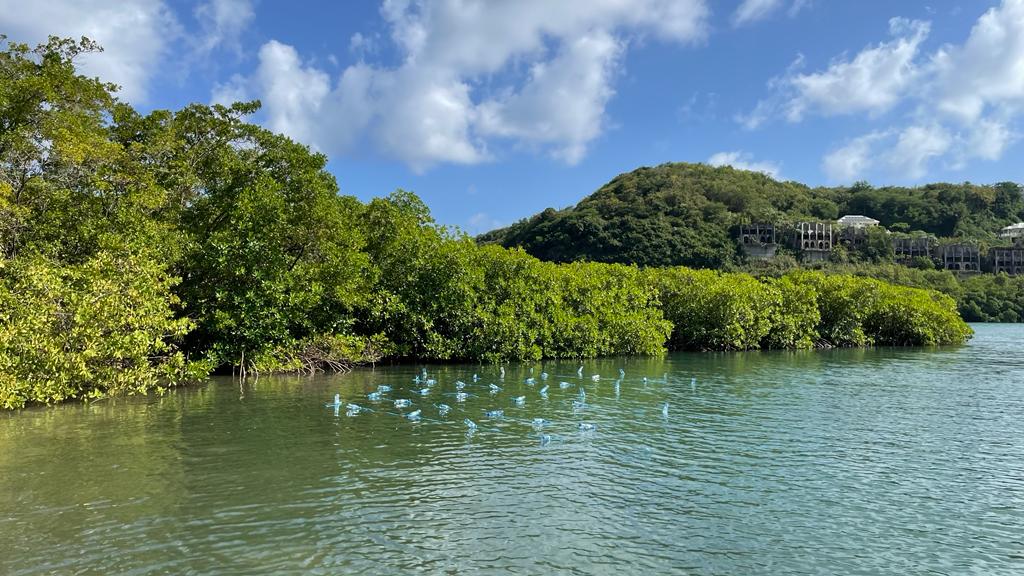
The introduction of sea moss farming into Grenada, and in general on the east Caribbean region, has offered alternative livelihoods for coastal communities, addressing issues of poverty and alleviating over exploitation of reef resources. Information regarding growth rate of the cultivated species in Grenada is non-existent. The data recorded from other Caribbean islands indicates that […]
InEVal
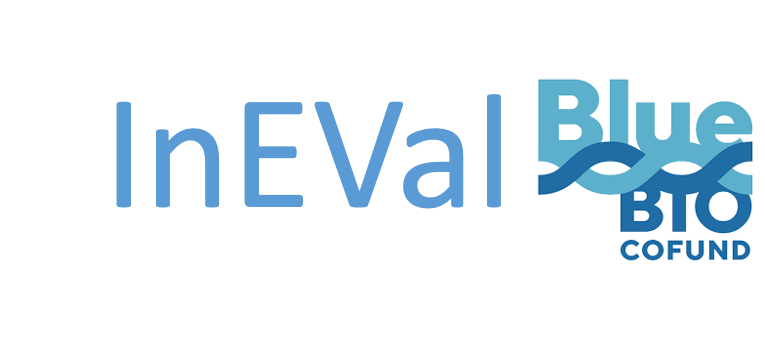
Sea stars, sea urchins and sea cucumbers are abundant marine biomass resources that are underdeveloped and underutilised. Throughout Europe, these echinoderms are wastefully exploited, disregarded and discarded. Researchers and industry partners in the InEVal project will advance high quality bio economic products and services from echinoderm biomass. InEVal addresses societal demand for new solutions to […]
PSPSafe project – Paralytic shellfish poisoning events in Ireland
The PSPSafe project is funded by the Department of Agriculture, Forestry and the Marine (DAFM) under the 2021 Thematic Research Call. Partners include the Martine Institute (Dave Clarke), Atlantic Technological University (Dr Luca Mirimin, Dr Fiona Kavanagh, Francesca Cucchi), and University College Dublin (Dr Francis Butler). The PSPSafe project aims at addressing key knowledge gaps […]
Molecular detection of toxigenic and harmful phytoplankton
This project is a partnership between ATU and the Marine Institute who is providing financial support by means of a CULLEN fellowship (CS/21/007) held by Ms Nicole Caputo and supervised by Dr Luca Mirimin (ATU), Dr Fiona Kavanagh (ATU) and Dave Clarke (Marine Institute). The primary aim is to validate and implement DNA-based methods for […]
Mytilus species complex genomics
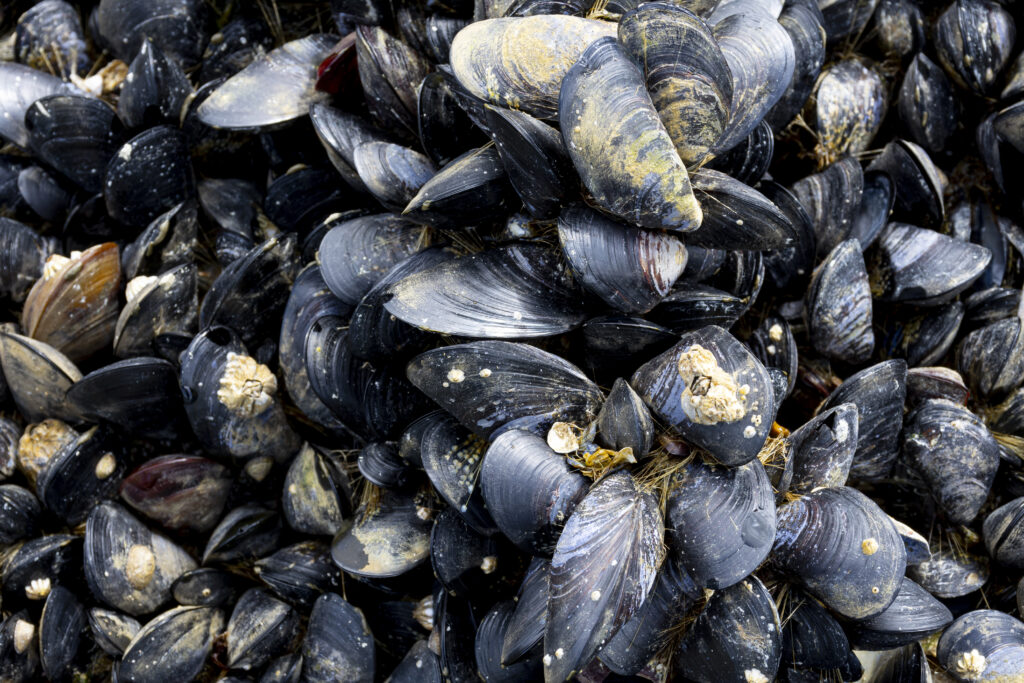
The blue mussel (Mytilus spp) is an ecologically and economically important marine bivalve that plays key roles in coastal ecosystems as well as the seafood industry. This species is found around the entire Irish coast, where it co-occurs and hybridizes with the non-indigenous Mediterranean mussel (Mytilus galloprovincialis). A better understanding of genetic structure and connectivity […]
SeaSoil
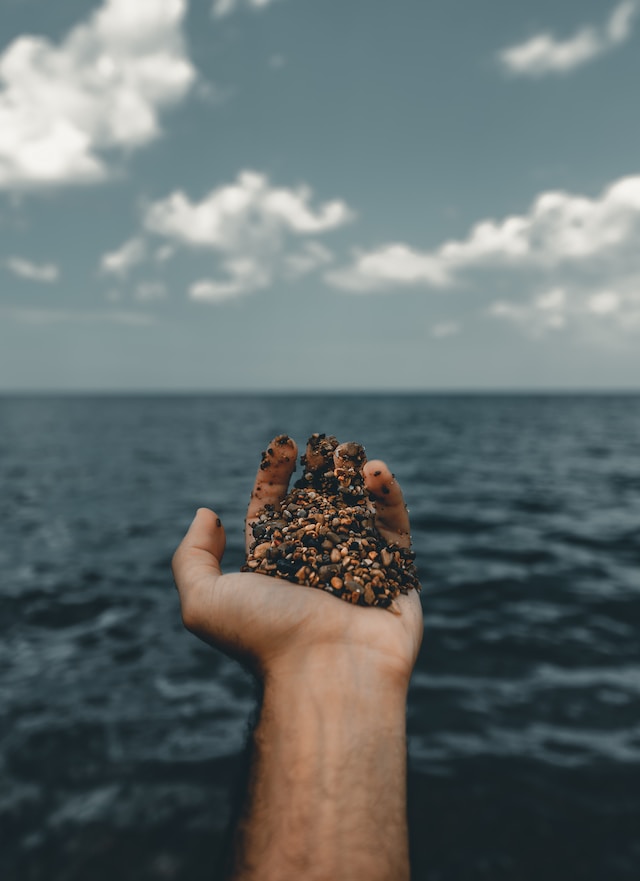
SeaSoil – Value creation and ecosystem services of European seaweed industry by reducing and handling potentially toxic elements from breeding to soil is an ERA-NET BlueBio cofund project led by NOFIMA in Norway to which the MFRC is a partner through Dr Colin Hannon
Development and application of traceability tools for Irish shellfish and fish of economic and conservation concern (TRACE-FISH)
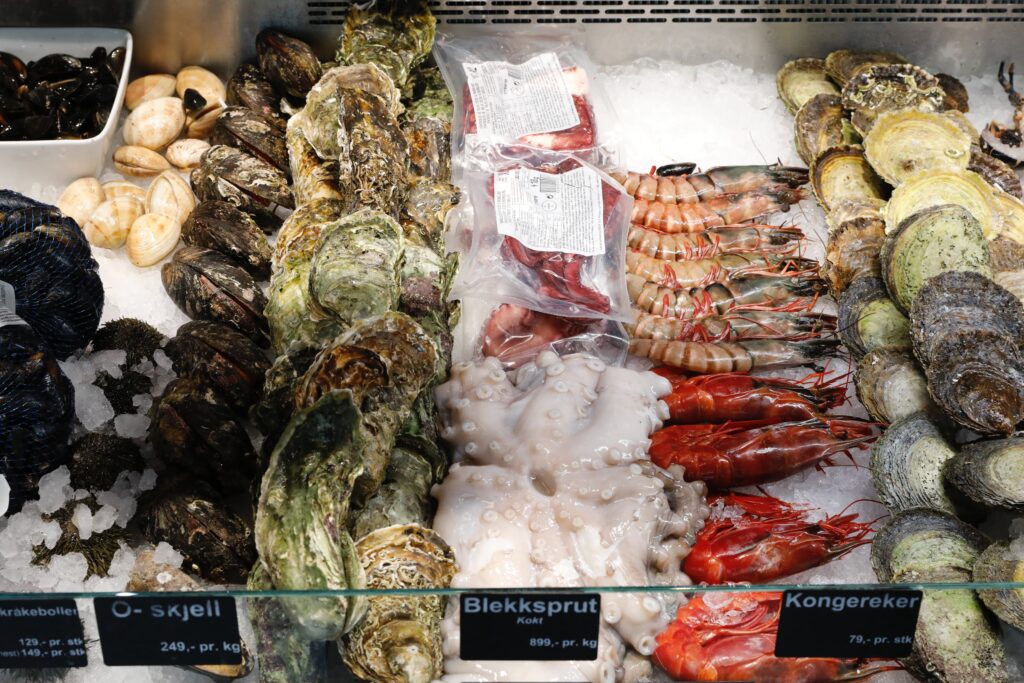
The fisheries and aquaculture industries provide considerable employment in Irelands’ maritime communities. These industries require traceability tools in order to verify the origin of produce. Trace Elemental Fingerprinting (TEF) analyses the natural composition of seafood and can be used to determine its origin with high degrees of accuracy. This research aims to develop the world’s […]
AquaVitae H2020
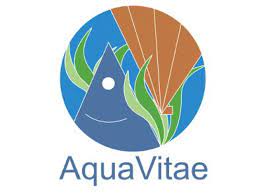
AquaVitae is a new research and innovation project funded by the EU’s Horizon 2020 programme and coordinated by Dr Philip James of Nofima in Norway. The project consortium consists of 36 partners, from 16 different countries, spread across four continents. In addition to Europe, partners are situated in countries bordering the Atlantic Ocean, including Brazil, […]
Assessment of microplastics in farmed oysters
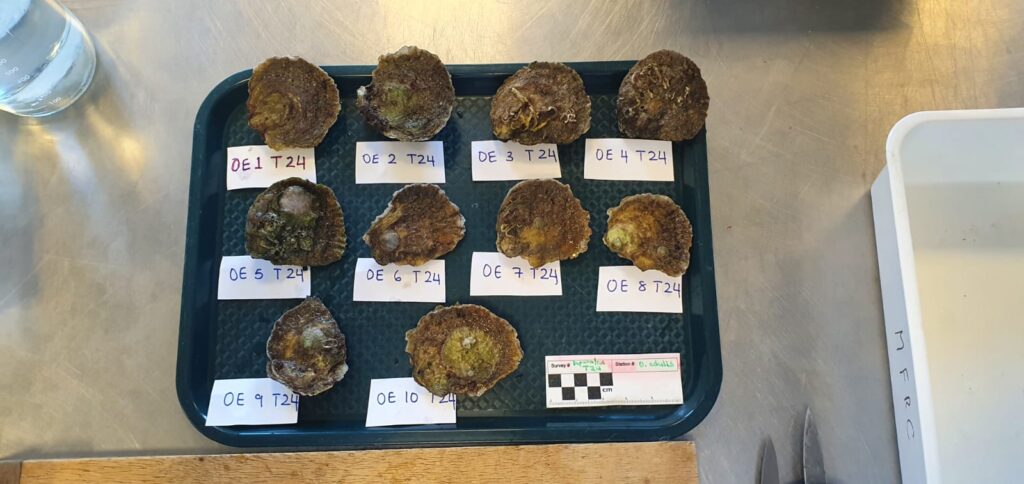
This project intends to assess the abundance of microplastics in two species of farmed oysters in Ireland, after depuration. The selected species are the European oyster (Ostrea edulis) and the Pacific oyster (Magallana gigas).
